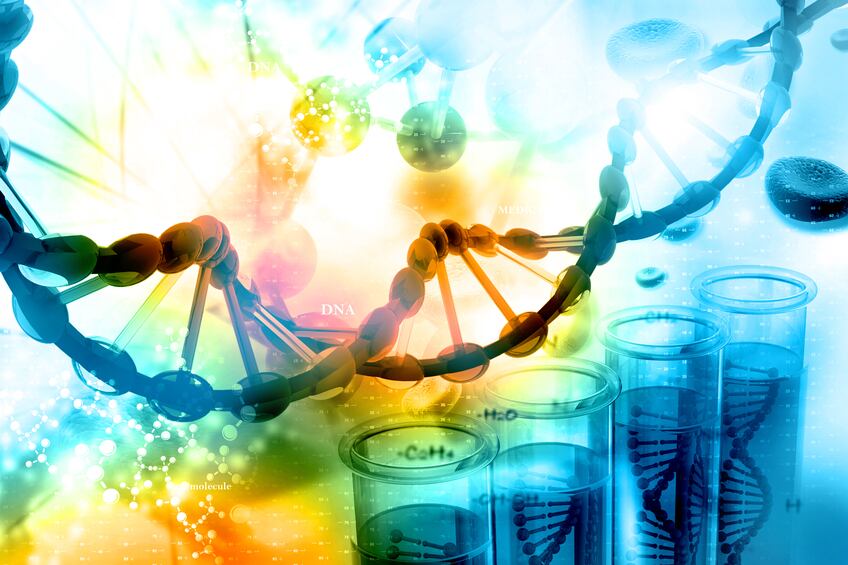Published this month in the International Journal of Epidemiology, the study with 1,269 adults from seven European countries found after six months, people who received personalised nutrition advice had a healthier diet compared with those who received conventional advice based on national guidelines.
However, this positive result was regardless of whether the personalised advice was based on their diet alone, diet and phenotype or diet, phenotype and genotype.
There have been about 20 research papers so far from the €9m EU-backed project Food4me, which is a consortium of 25 partners from 12 European countries.
John Mathers, professor and director of the Human Nutrition Research Centre at Newcastle University in the UK and one of the Food4me researchers, said this study was “the big one”.
The findings came as a “big surprise” to many of the researchers behind the project who had high hopes for the so-called ‘nutrigenomics’ concept, he said.

“There will be a lot of head scratching and we will have to ask harder questions.”
His take on the results was that people just needed to feel advice was tailored to them.
The cogs behind this personalisation – like phenotype and genotypes – were currently less important to the general public, and therefore less of a motivator in changing eating habits.
Me me me
Professor Mathers said the results showed the personalised nutrition concept needed to “go broader” and include behaviour and psychology.
In this respect, the results should not be taken as a closing door on the inclusion of phenotype and genotypes in personalised lifestyle interventions, but as shedding light on blind spots.
“[The relationship between] genetics and behaviour is complex and relatively unexplored,” he said.

Geno-time for a rethink?
Mathers said greater efforts could also be made to educate the general public about what genotypes and phenotypes phenotypes – the visible or measurable expression of a genotype – actually are.
But if personalised nutrition without this information works, why bother?
The results alone were impressive: the adults given the personalised advice ate less saturated fat and red meat, more folate and had higher Healthy Eating Index scores than those given conventional control advice using non-personalised advice.
“If you were very pragmatic, you might say we don’t need to spend money on including phenotypic and genotypic information. But I think we might do even better,” professor Mathers said.
